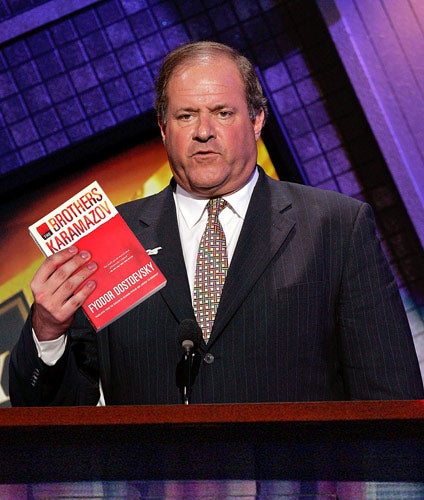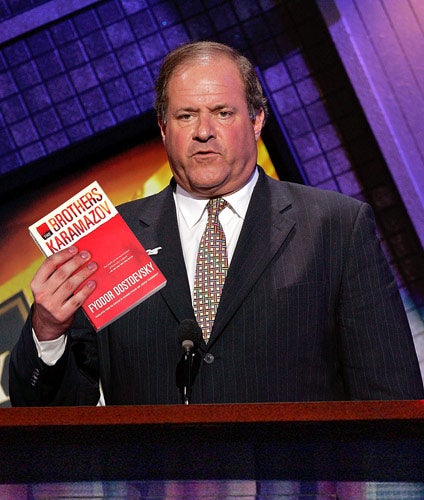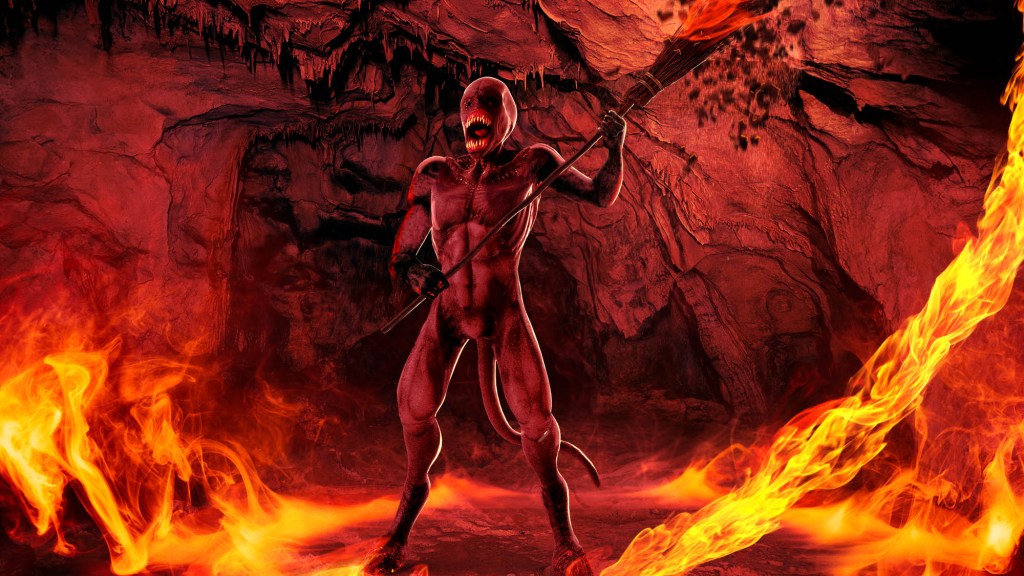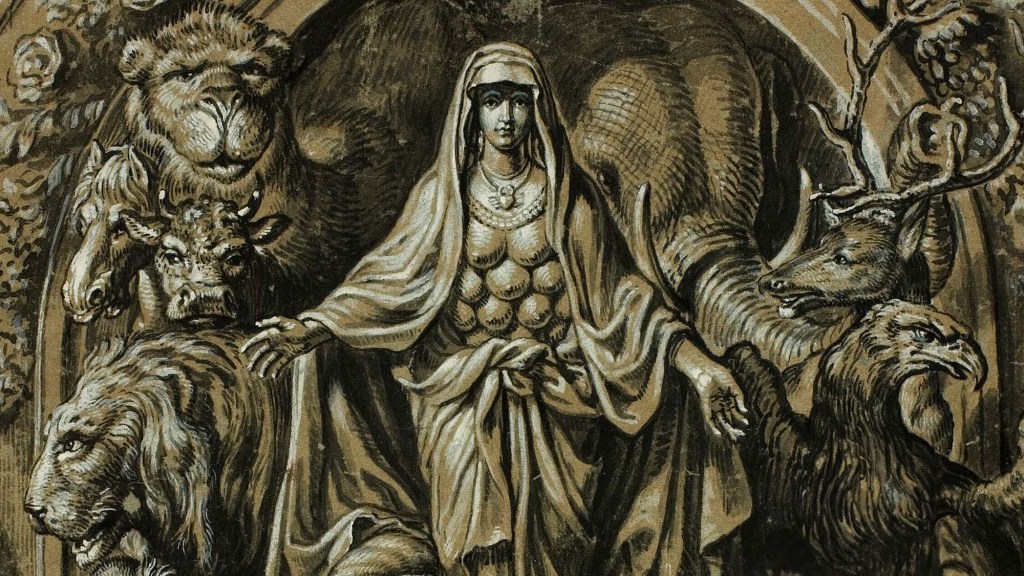BRISTOL, CT—Longtime ESPN favorite Chris Berman, known throughout sports fandom for his enthusiastic narration of highlights and his practice of giving colorful nicknames to athletes, has come under scrutiny since enrolling in a Russian Literature course at a local community college led to his commentary becoming increasingly hard to understand, ESPN sources report.

“Tonight we’ve got a veritable Cherry Orchard of highlights to pick from as we Chekhov our top plays,” Berman said during Tuesday night’s broadcast of SportsCenter in a display of tortured literary puns and obscure references the likes of which viewers have come to dread. “We’ll check in on the fading fortunes of Uncle I-Vanya Rodriguez, the tragic circumstances that brought pitcher Dennis Dove-stoyevsky into the big leagues, and find out if the tempestuous relationship between Kurt and Kyle Busch make them the new Brothers NASCAR-amazov, so stay tuned.”
ESPN management confirmed that viewers have taken to flooding their offices with thousands of confused phone calls immediately after every broadcast.
“Listen, I have no more idea than you do why Yankees owner George Steinbrenner is suddenly deluded professor George Steinerebriakoff, or why Chris is convinced that Steinbrenner is slowly and sadly wasting the lives of everyone around him by dragging them into his miasma of self-pity, or why he seems to think Steinbrenner has gout,” VP of programming Scott Guglielmino told reporters yesterday. “I mean, three weeks ago it was still Foghat references and growling out the ’R’ on ’the Raiders,’ and now this.”
“Honestly, I’m not sure he even knows what he’s talking about,” Guglielmino added.
Since enrolling in the class, Bristol Community College’s Russian Lit 1, which emphasizes the major works of Tolstoy, Dostoyevsky, and Chekhov, Berman has also baffled viewers by nicknaming the flamboyant owner of the Oakland Raiders ’Rask-Al-nikov Davis’ during a segment titled “Crime and Punishment,” in which Berman discussed the NFL’s new conduct policy. He also praised an Alex Rodriguez home run by saying it “traveled as far as the railroad featured so prominently in Anna Karenina,” and referred to LeBron James as “LeVronsky” in an apparent nod to the heroine’s lover.
Response from viewers has been overwhelmingly negative, especially as Berman’s further reading has led him to advance from mere wordplay-based player nicknames to broader, wordplay-based thematic comparisons.
“Excuse me, but what does it mean if Tony Stewart is inspired to near-operatic heights of vernacular in his questioning of the corrupt caution-flag procedure when his car develops bad Pushkin in the corners?” a complaint from longtime SportsCenter viewer Brian Walters read in part. “And why are Miami Dolphins fans like the parents praying over the grave of their atheist son over their team drafting Ted Ginn? Can’t he just say Stewart is angry and Fins fans are sad? I don’t get it.”
“The only thing Berman said last night that made any sense to me was that bit about ’if there’s a gun in the story, it has to go off,’ when he talked about the Dolphins cutting Marcus Vick,” viewer Kathy West wrote. “It means he was arrested again, right?”
“Chris is definitely one of our more, let’s say, involved students,” said associate professor Bradley Stewart, Berman’s teacher in the two-hour twice-weekly class. “I’m not sure how much he’s really absorbing, but he certainly laughs the loudest and asks the most questions in class. Although I’m not sure why he wanted to know if it was appropriate to say “Bakunin- Bakunin- Bakunin- Bakunin- Bakunin!” in a celebratory manner when someone hit a home run. I told him it wasn’t really a good idea.”
Berman himself has refused to discuss either his recent departure from his longtime style or whether he would be returning to his old form anytime soon, saying only that he was weighing his options, listening to all feedback, and concentrating on reading the syllabus for an upcoming night course in the Imagist poetry of Ezra Pound, Ford Madox Ford, William Carlos Williams, and Richard Aldington.







